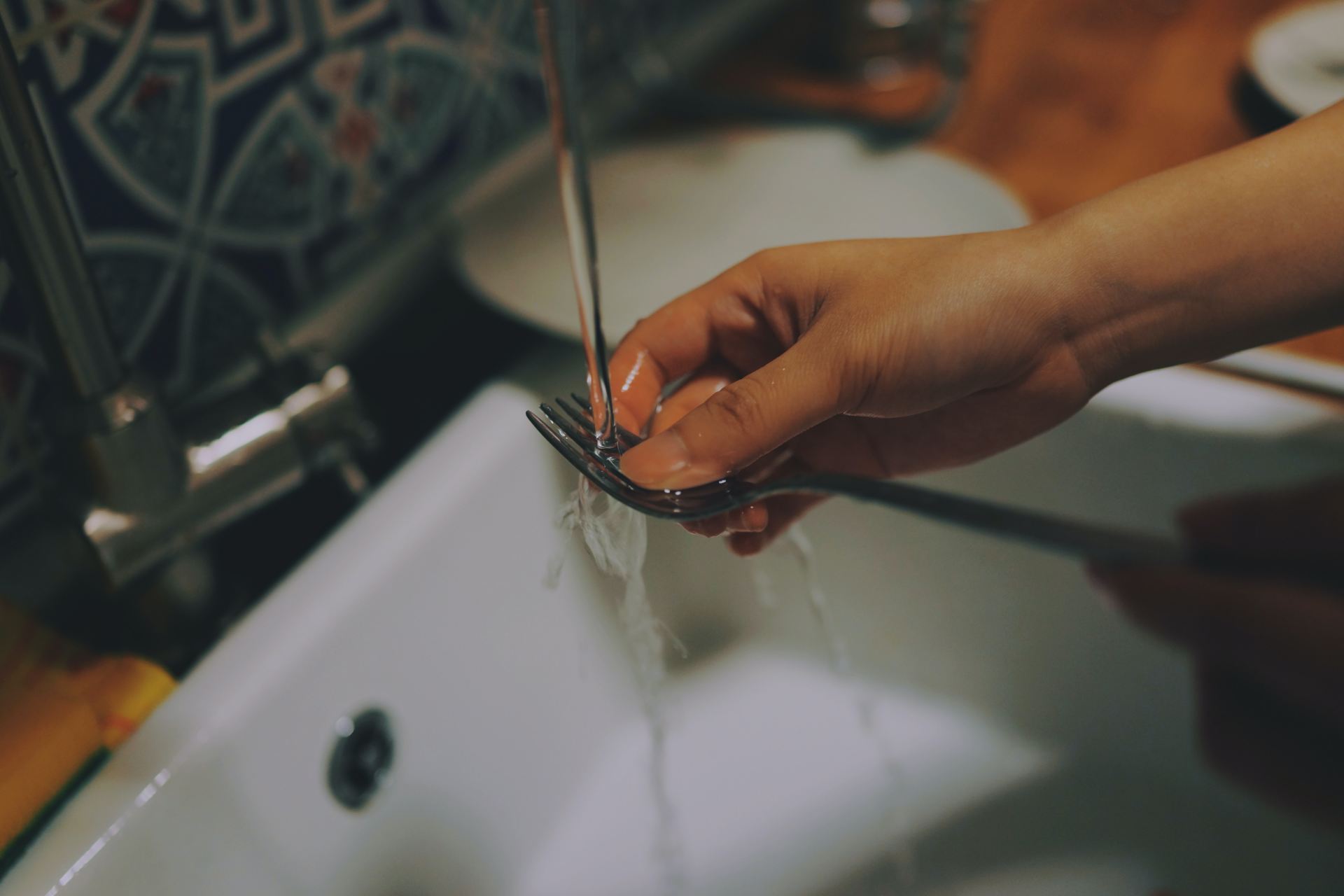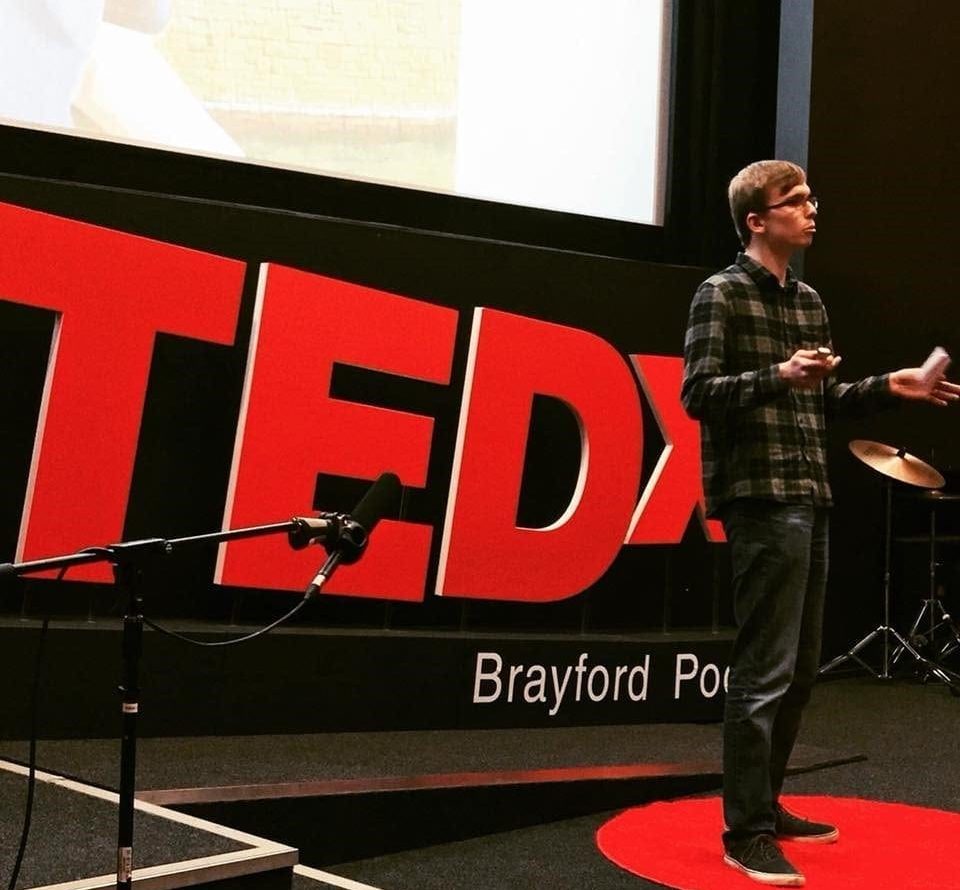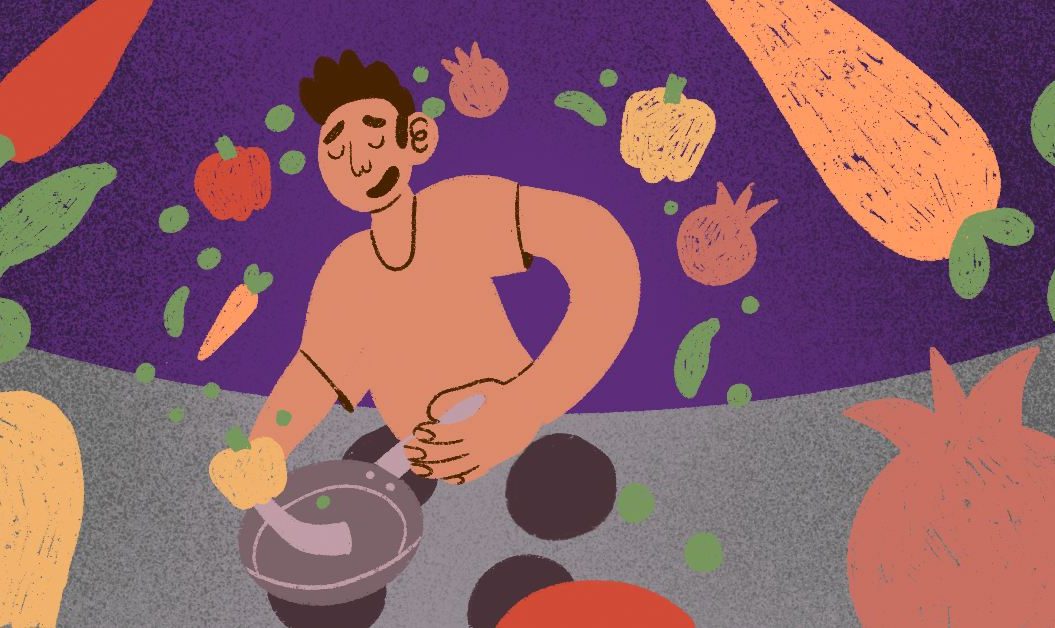Hey! I'm Emma, I'm from Sheffield and I am in my third year studying law here at UoL! I am a huge fan of all animals, a good movie marathon, and cooking all my favourite food. I'm also super lucky…

As a new student it is very easy to feel overwhelmed when it comes to cooking, especially if you’ve never really had to do any because you’ve been living at home. Here are a few easy mistakes that are commonly made by freshers, and what you can do to avoid them.
Going food shopping when you’re hungry
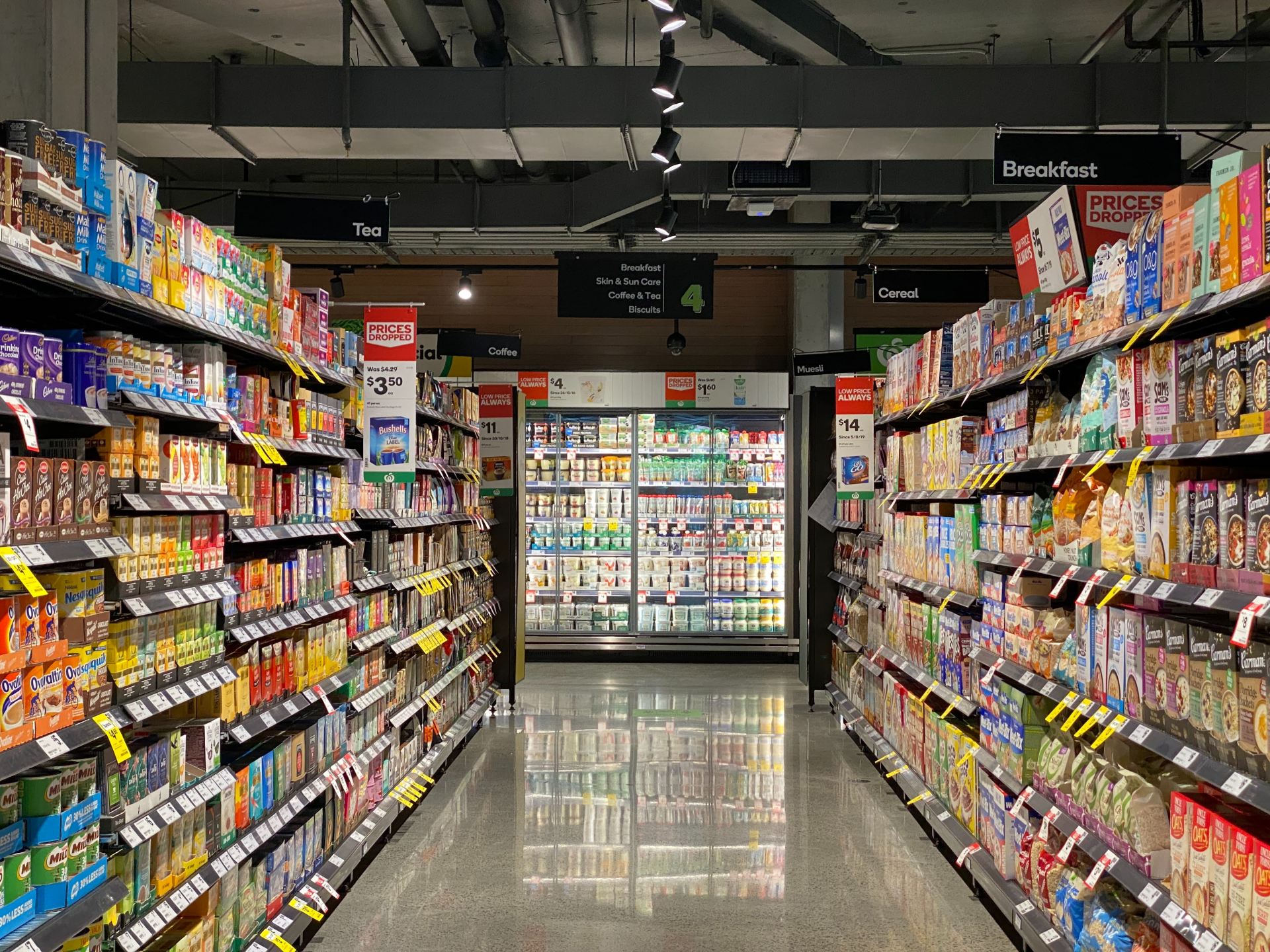
This is a mistake we’ve all made! If you go shopping when you’re hungry you are more likely to buy things you don’t necessarily need. You are also likely to buy lots of snacks or ‘easy food’ rather than actual meals which may seem alright at the time, but later on, when you get home and have nothing to eat for lunch or your evening meal, you’ll be a bit disappointed! All of this will also lead to you spending more money than you need to. So moral of the story… make sure you’ve eaten before you go shopping.
Not making a list/planning meals before going shopping
Similarly to the above piece of advice, if you make sure you’ve made a list or planned your meals for the week before you go food shopping, then you’ll know what you need from each part of the supermarket and you’ll be done much quicker. You’ll also spend a lot less money by doing this, and find that you won’t have to waste food.
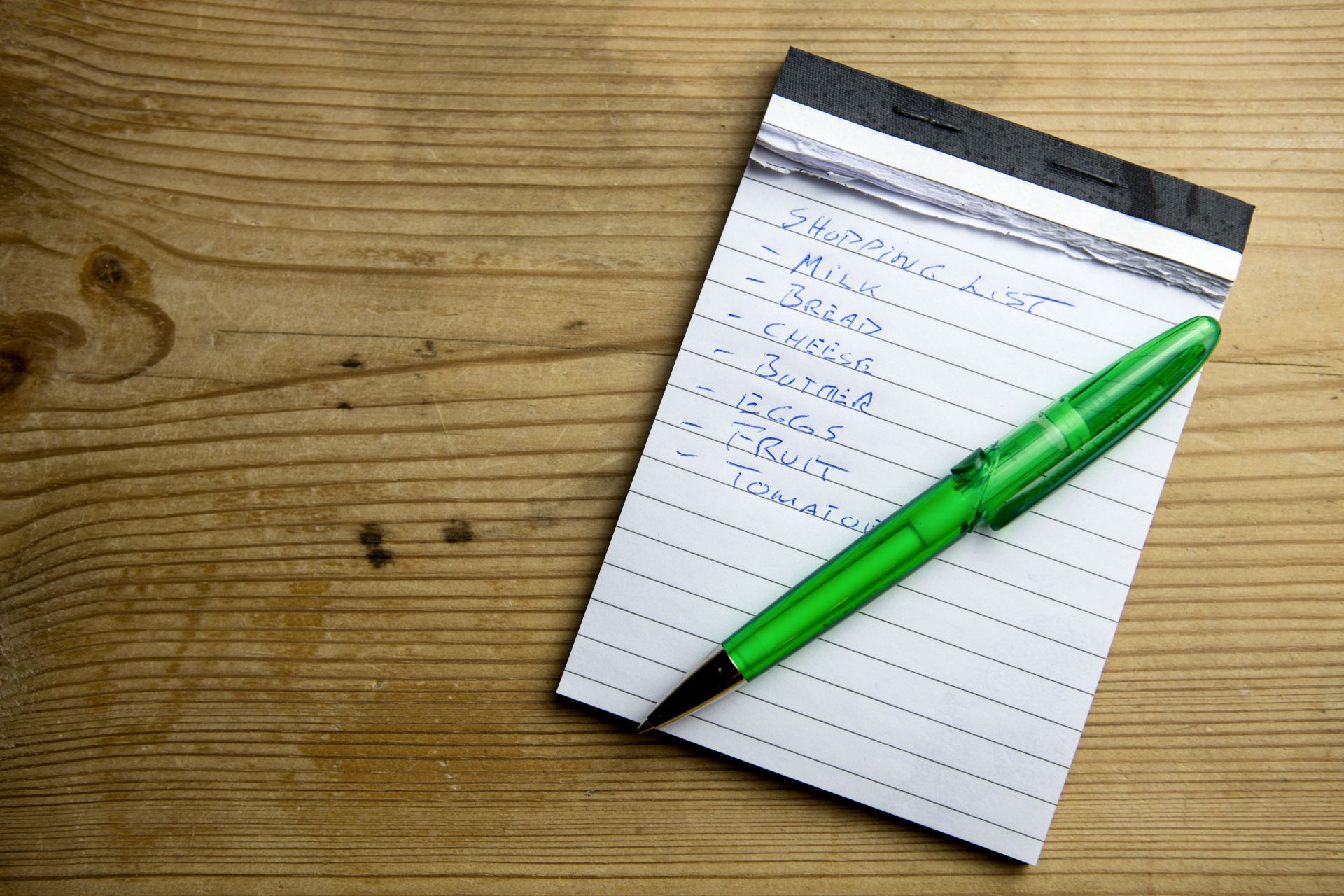
Not learning the basics
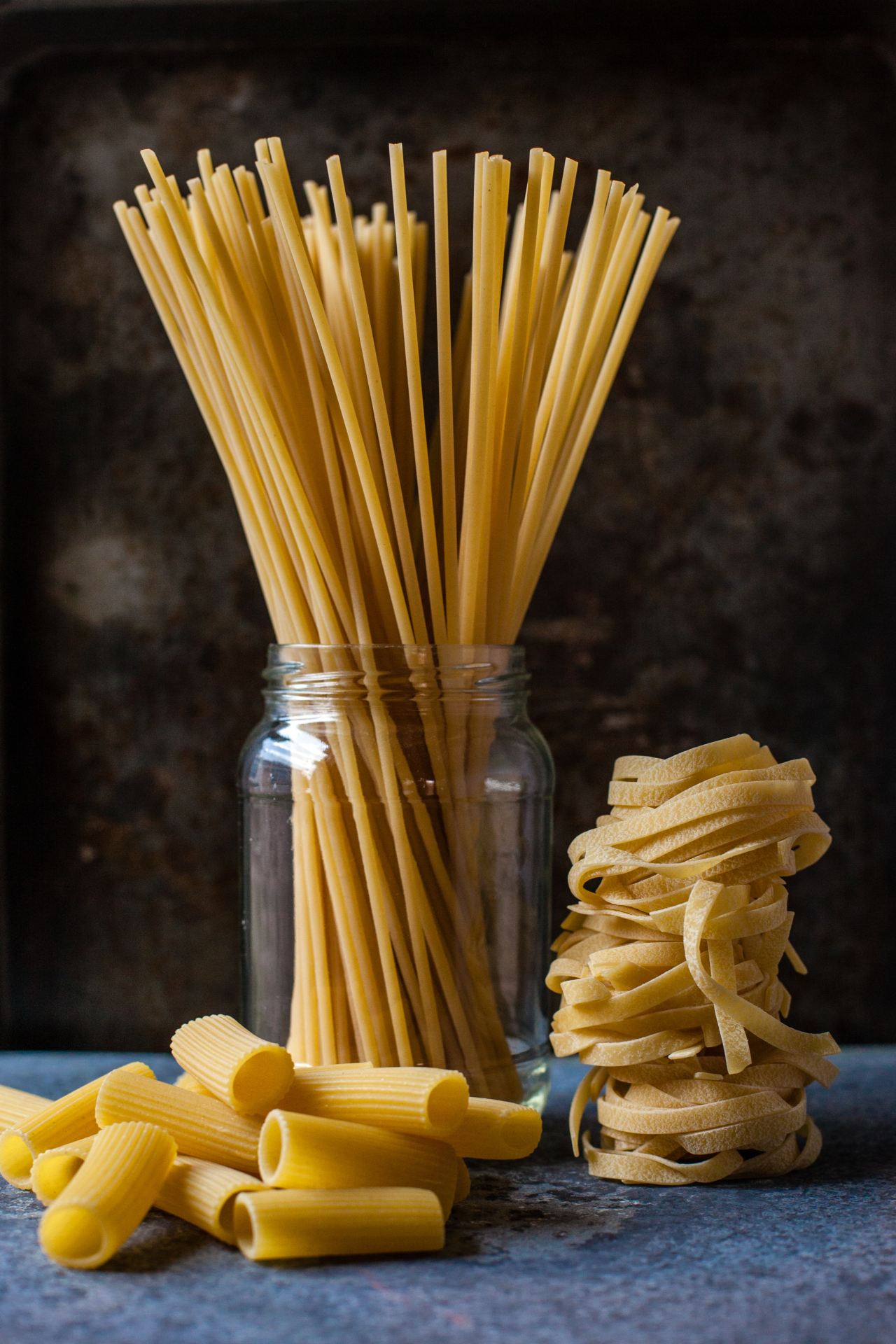
When I say ‘the basics’, I really do mean the basics. Simple things like knowing how to boil an egg, or how long to boil pasta for/knowing when pasta is cooked.
Other simple things too like learning what each oven setting means, or keeping the handle of the pan you are using on the hob pointing inwards towards the wall rather than it hanging over the edge in case you knock it and spill hot food over yourself.
Using complicated recipes
Having complete control over a kitchen and having the opportunity to do your own thing is quite exciting. However, at first, it is best to stick to simple recipes rather than more complicated ones.
I’m a firm believer that a really nice dish can be cooked using basic ingredients and minimal pots and pans – there’s no need to use everything in the kitchen.
Also, if you use recipes with lots of obscure ingredients it’s likely that lots of those things will never be used again – so you’ll be wasting money and creating waste!
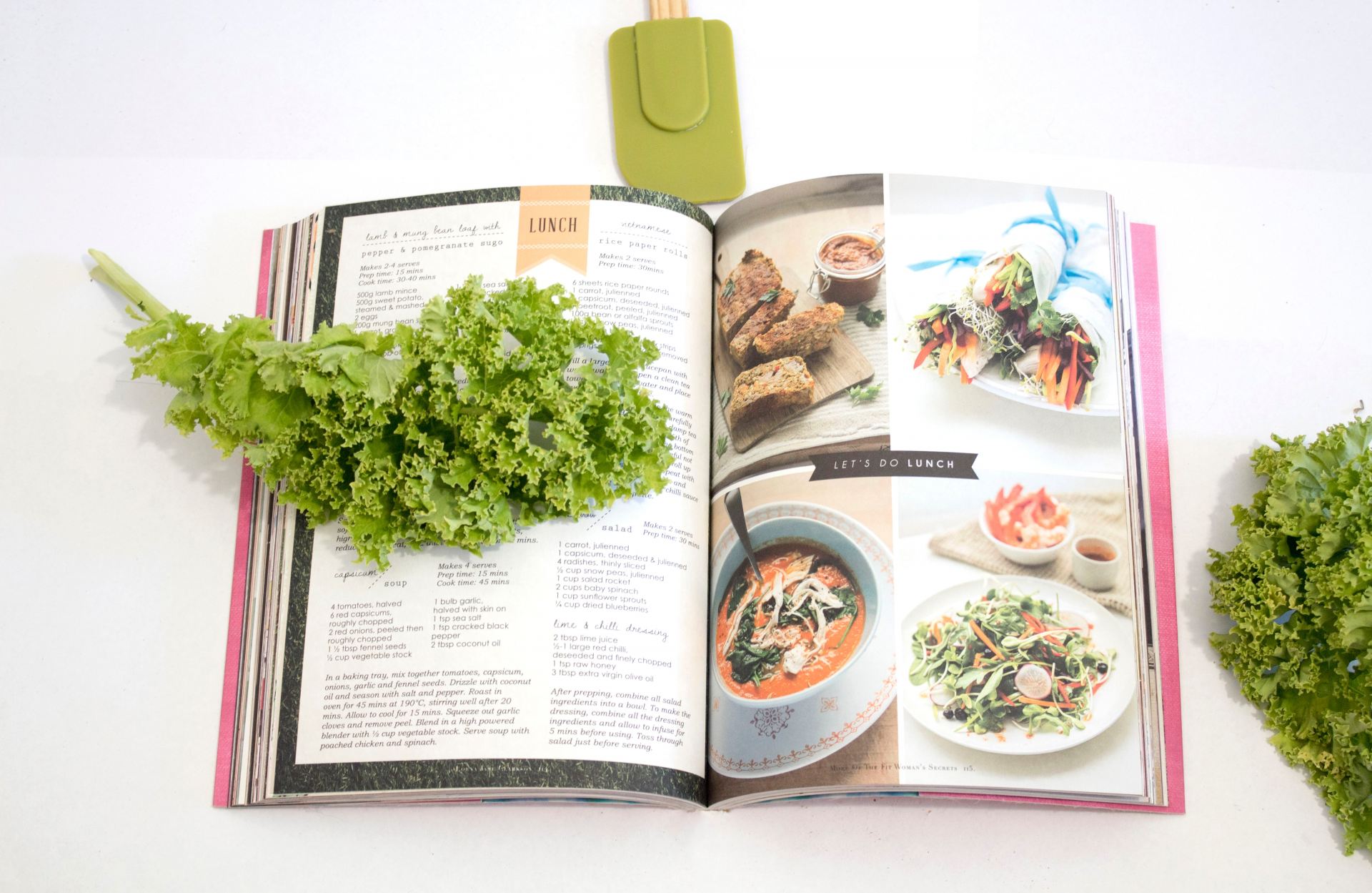
Leftovers!
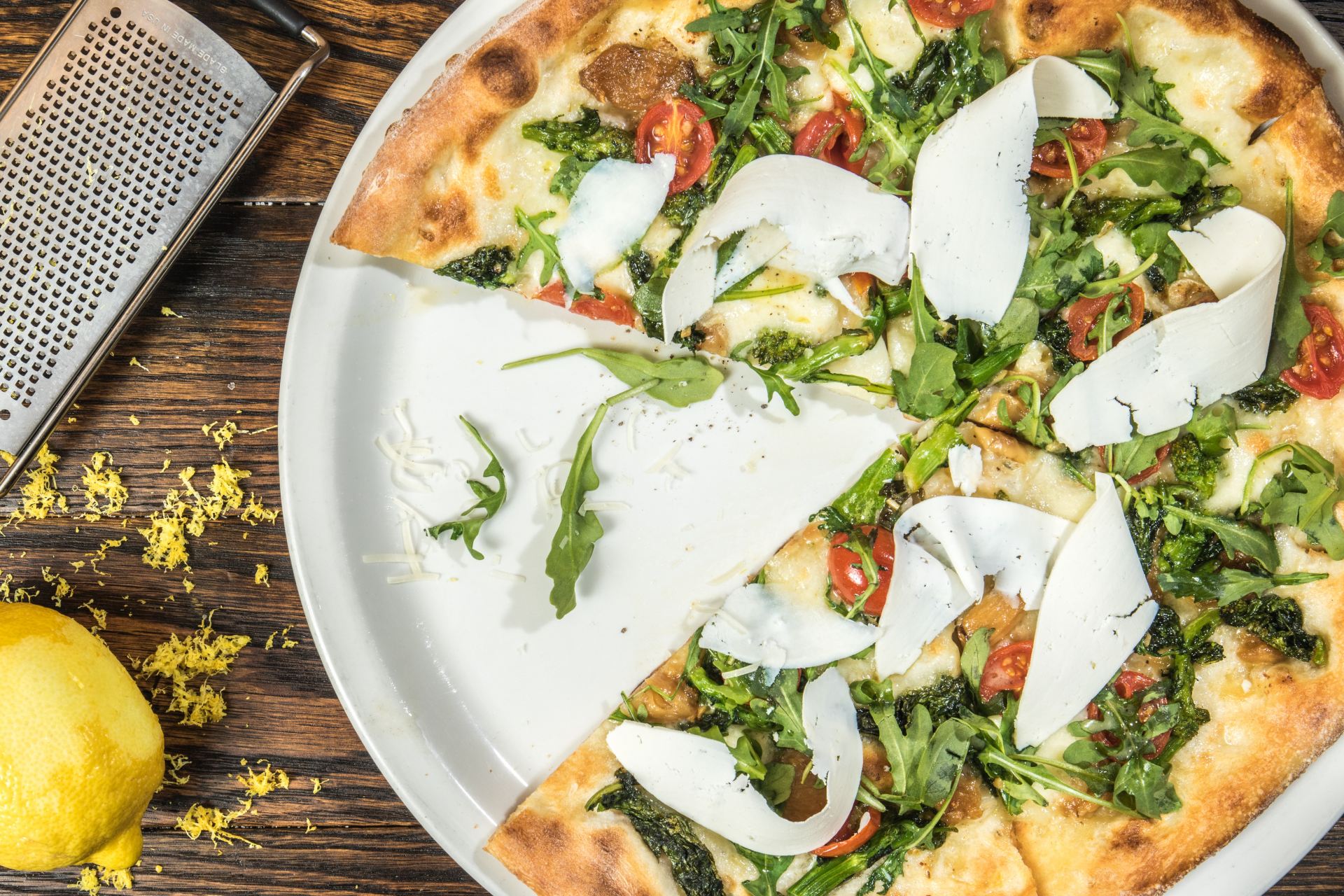
I love leftovers! If you make too much food in the evening, let it cool down properly, put it in a tupperware, and pop it in the fridge!
Some great things to do this with are; pasta, pizza, curry, chilli etc. – just don’t forget to do some research before you decide to re-heat things as it’s not always safe to do!
Not utilising the freezer
There are lots of recipes online that you can cook in advance and freeze to use on another day. My favourites are curry-type dishes (you can just cook fresh rice or use a microwave rice pouch on the day you decide to use it) and pasta dishes. Don’t forget to make sure food has been left to fully cool down before you put it in a tupperware to freeze it and make sure it is completely defrosted and then heated up thoroughly before you eat it.
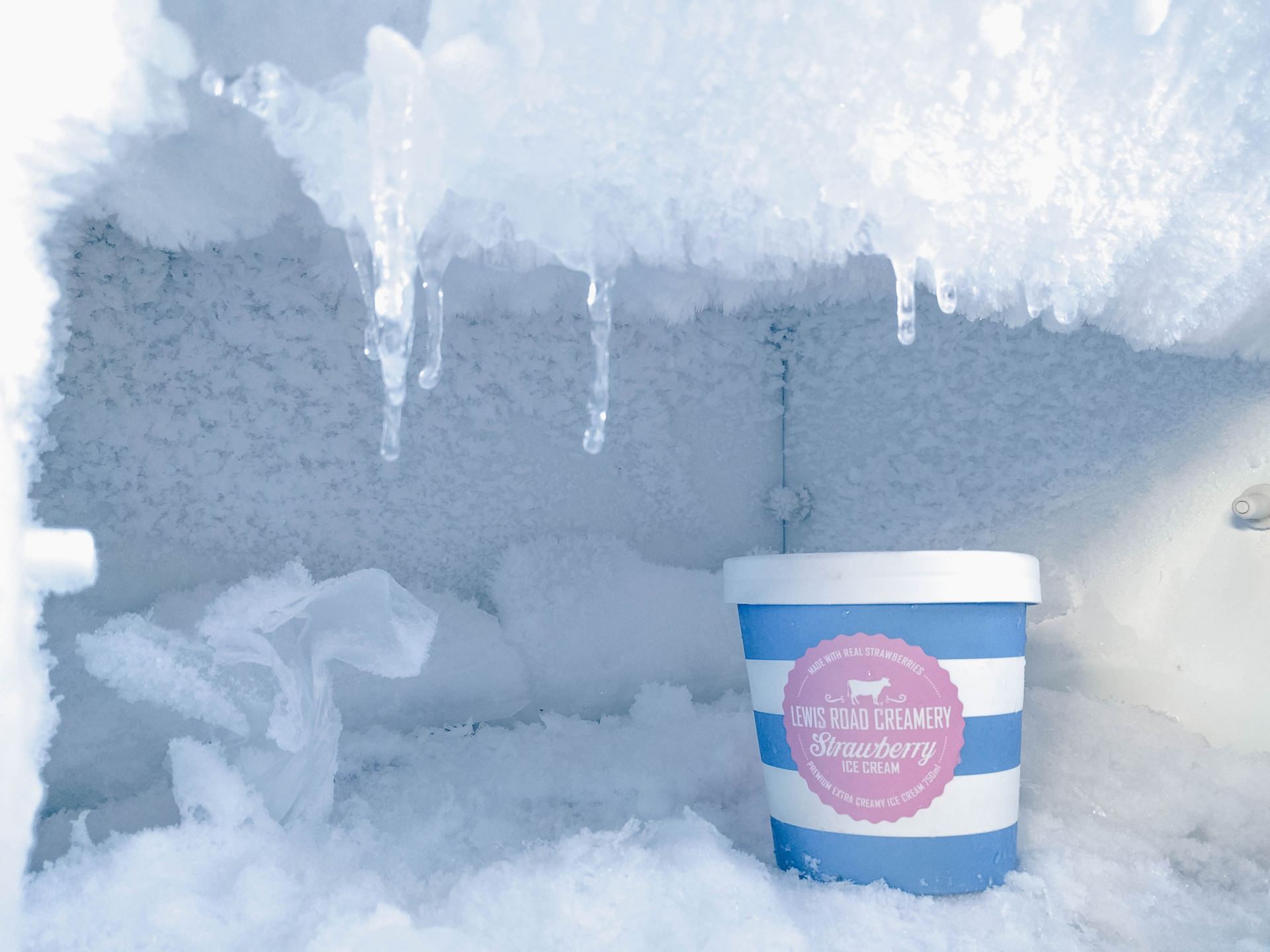
Throwing out certain food because it reached its ‘use by’ or ‘best before’ date
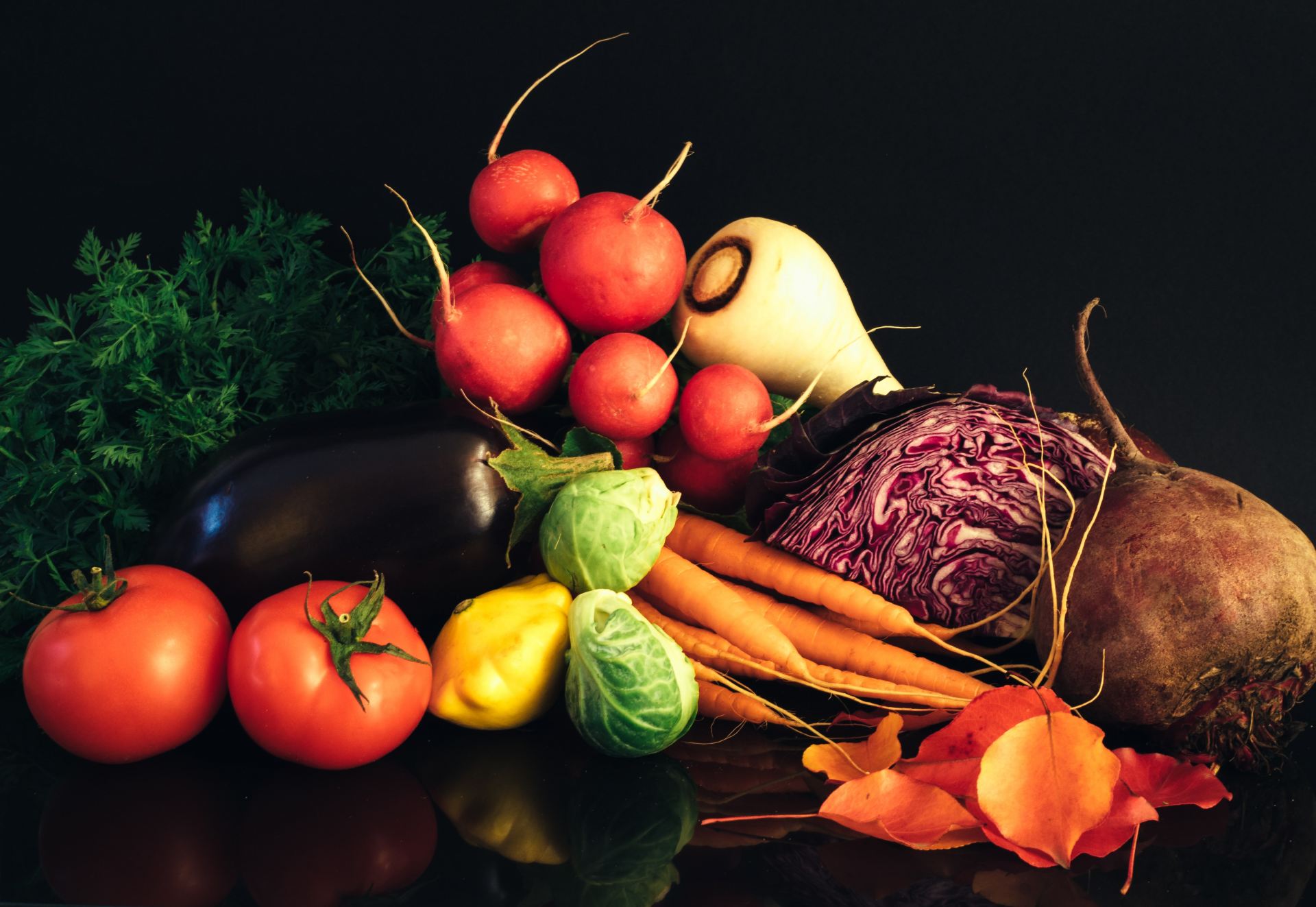
For things like meats and fish, it is important to check the use by dates on the packets when you buy things and when you come to cook them – you really don’t want to be eating gone-off meats. Don’t forget also to check if a product has a ‘once opened, use within…’ recommendation on its packaging (this doesn’t just apply to meat).
However, there are lots of products which have a ‘best before’ date – things like fruit, veg and dairy, along with products from the bakery section like pastries, cakes, biscuits and bread. All of these items are things you can assess yourself and see if they are safe to eat. Simple ways are seeing if there is any mould on the items, if bread etc. has gone stale, or if milk has gone sour. Morrisons are in the process of removing ‘best before’ dates from milk and encouraging people to ‘sniff’ the milk to see if it is good to drink – more info can be found here.
Not tidying up as you go
This is a really simple one but one which will make the cooking process so much easier and much more hygeinic, plus, it will save you needing to do it all after you’ve eaten!
- Thrown away any vegetable peelings and wrappers, and recycle any packaging.
- Fill the sink with hot, soapy water.
- When you’ve finished using an item, wash it straight away (don’t forget to change the water if it gets dirty).
- Keep wiping the sides with a clean cloth and anti-bacterial spray
